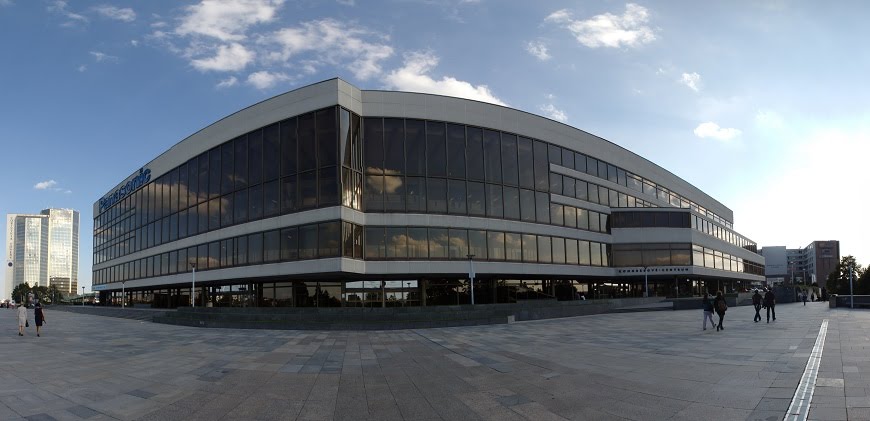Early 2024 – Is the Real Estate Rally in the Czech Republic Beginning?

On December 22, 2023, the Czech National Bank announced a 0.25% reduction in the national interest rate, effective immediately. This marks the first interest rate cut by the Czech National Bank since rate hikes began about two years ago as part of the global monetary fight against soaring inflation, both in the Czech Republic and worldwide.
The Czech National Bank was among the first in the world to aggressively raise interest rates in response to inflation. These measures significantly curbed the inflation wave that followed the massive money printing during the COVID-19 period.
As a result of the interest rate hikes, the primary market that was affected was, of course, the real estate and mortgage market, which reached an all-time high during the COVID-19 period. These hikes effectively ended the continuous price increases in the Czech real estate market in general, and particularly in Prague. Many investors preferred to place their money in bank deposits offering over 5% interest — without risk and without effort.
The high interest rates also prevented potential buyers — who wanted to purchase homes not necessarily as an investment — from affording mortgage payments. In addition, the Czech National Bank imposed stricter regulations on banks, making it more difficult to obtain mortgage approvals.
As early as December 2023, the National Bank announced that starting in early 2024, it would remove one of the barriers to mortgage approvals, making it easier for commercial banks to grant loans to applicants — even those who wouldn’t have qualified a year earlier. Specifically, this refers to the removal of the DSTI barrier, which is the ratio between the borrower’s debt and their average net income.
On December 22, 2023, the Czech National Bank implemented its first interest rate cut. While modest (the rate still remains above 6%), most analysts believe this is the first of several cuts, with at least three more expected in 2024. Just like in the capital markets, investors are looking ahead and trying to predict where the market is headed.
A senior figure in the Czech real estate market, who manages a company building hundreds of apartments annually, estimates that these rate cuts will pave the way for many who have been waiting on the sidelines — not only for those who need a mortgage, but also for buyers who don’t require bank financing and now feel the market is beginning to shift.
And now for the million-euro question – where is the real estate market heading?
According to many experts in the field, this point — the beginning of interest rate cuts — is a turning point in the Czech real estate market. That doesn’t mean everything will change overnight, as the real estate market is like a giant ship that takes time to change course. However, it can certainly be said that this marks, in many ways, the start of a new era.
A senior executive at Moneta Bank stated in private discussions that once the interest rate drops to the 4% range, he believes prices will begin to rise by about 25% within two years, due to several reasons:
- A point of equilibrium where investors can get similar returns from real estate and bank deposits.
- During the high interest rate period, developers in the Czech Republic halted construction projects because it was no longer profitable, creating a severe shortage of new apartments — which is expected to push prices up.
- The removal of mortgage eligibility barriers by the Czech National Bank.
- Inflation has not completely subsided, so purchasing real estate serves as protection against cash devaluation.
Despite the rate cuts, the market still favors buyers, as mentioned above. The real estate “ship” is heavy and slow to accelerate, so it’s still not too late to get on board and enjoy the anticipated appreciation in the Czech real estate market in the coming years.
As always, we are here for your questions, consultations, and investments in Prague. Contact us here.





